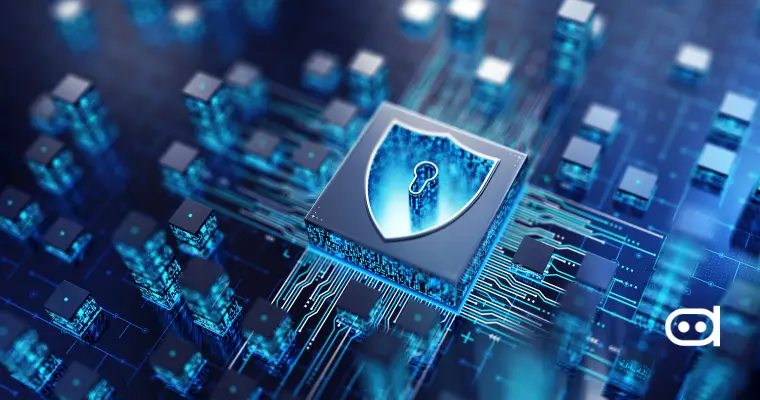
- In today’s digital age, cybersecurity for remote workers is more critical than ever. With the increasing shift toward remote work, employees now operate in environments far less secure than traditional office settings.
- Cybercriminals have taken note, and remote workers are becoming prime targets for cyber attacks. From phishing schemes to malware attacks, the risks are real and rising.
The Risk increasing for Remote Workers
There is increasing emphasis placed on cybersecurity for remote workers, as it can now be observed that the number of employees working remotely is on the rise. As the number of remote employees has increased, there are always more cyber threats for remote workers. Cybercriminals understand very well that the home office setup lacks the security features of an office work setup, thus working remotely makes one easy prey.
This article outlines some of the reasons why remote workers are more at risk and also highlights some of the effective measures that can be taken to prevent such attacks.
Read More: Supply Chain Cybersecurity Fears Grow After Lebanon Pager Blasts
Why Remote Work Increases Vulnerability
The shift to remote work has brought convenience, but it also increased exposure to cyber risks. In a regular office, there were measures in place to protect sensitive information, such as network firewalls and various network security appliances, and lock monitoring of them by IT units. At home, A remote employee tends to use casual gadgets and unencrypted lattices and although fun, it’s a recipe for disaster.
For example, public wifi is available at places like cafes or co-working spaces, and sourcing from where workers would be more open to hacking. Electronic devices include computers, for example, iPhones and laptops, which are portable and very useful for politicians. Such devices do not, however, secure data against absolute security measures owing to its playful nature, which is a risky affair.
Top Cyber Threats for Remote Workers
Remote workers face a range of cyber threats, including:
- Phishing Attacks: Remote workers are prime targets for phishing schemes, where hackers pose as trusted entities to steal login credentials or install malware.
- Ransomware: A common threat where malicious software locks users out of their devices or files until a ransom is paid.
- Weak Passwords: Reusing weak passwords across accounts puts workers at higher risk of cyber attacks.
Practical Cybersecurity Tips for Remote Workers
To ensure that such threats do not bring any adverse effects, it is recommended that the remote workers embrace the following security measures:
- Secure Your Network: Use encrypted, password-protected Wi-Fi at home, and connect via a VPN when working from public spaces.
- Update Software Regularly: Always keep your operating system and applications up to date to protect against vulnerabilities.
- Use Two-Factor Authentication: Implementing 2FA can make it more difficult for cybercriminals to gain access to your accounts.
- Beware of Phishing: Verify emails before sharing any personal or work-related information.
- Strong Passwords: Use unique, complex passwords for each account, and consider using a password manager for added security.
Read More: Navigating AI Threats: Singapore’s 2023 Cybersecurity Evolution
Conclusion: A Shared Responsibility
Each person in the entity and the worker in the node has to accept responsibility for cyber security for remote workers. Yes, employees are always encouraged to secure their gadgets, but organizations must also address it by providing tools, as well as training, for employees to work safely from a distance.
With appropriate measures, the employees who work from home can still reap the benefits of working in such an environment without having to compromise on security.









